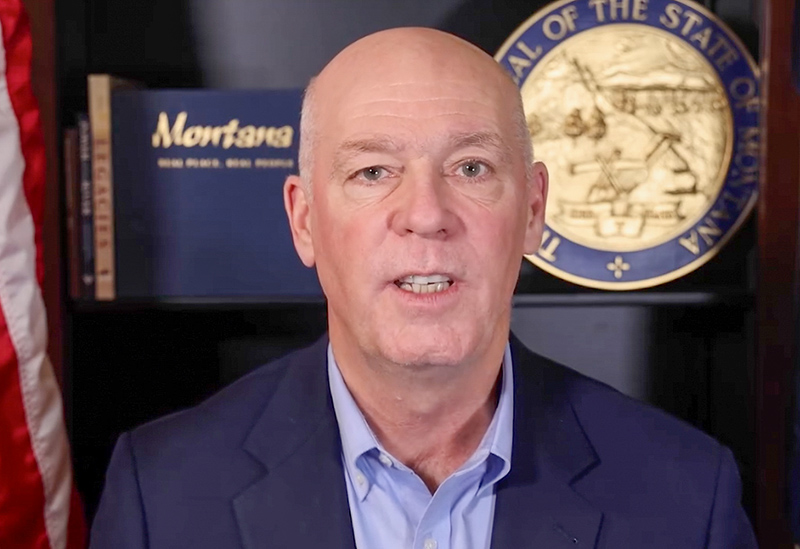Transgender students at schools barring them from restrooms are at greater risk of sexual assault, study finds
More than 1 in 3 transgender students at schools with restroom restrictions say they were assaulted in the past year

A new study of LGBTQ teens shows that transgender and nonbinary youth are at higher risk of being sexual assaulted if they attend schools that prohibit them from using facilities that match their gender identity.
The study, published Monday in the journal Pediatrics, looked at responses from 3,673 trans and nonbinary middle and high school students who took the LGBTQ Teen Study, an anonymous web-based survey of US kids ages 13 to 17.
Based on the study’s findings, 1 in 4 trans or nonbinary teens said they had been sexually assaulted in the previous 12 months. Among students in schools that restrict bathroom or locker room access for transgender students, more than 1 in 3 students reported being sexual assaulted.
Transgender boys and nonbinary youth assigned female at birth reported the highest prevalence of sexual assault, with 27% of each group saying they had been assaulted in the past 12 months.
Meanwhile, 19% of transgender girls, and 18% of nonbinary youth assigned male at birth reported being assaulted over the past year.
“We can’t tell from this study whether restrictive restroom and locker room policies cause sexual assault,” the study’s lead author, Gabriel Murchison of the Harvard T.H. Chan School of Public Health, told NBC News. “However, at the least, they seem to be a marker for an environment where trans and nonbinary youth are at risk.”
The report’s authors also noted that transgender and nonbinary teens’ rates of sexual assault were significantly higher than cisgender teens.
According to the Youth Risk Behavior Surveillance Survey administered by the US Centers for Disease Control and Prevention, 15% of non-transgender teenage girls report that they’ve been sexually assaulted in the past 12 months, versus 4% of non-transgender boys.
“All families want their children to feel safe at school, and many know that restrooms and locker rooms can be problem areas for bullying and harassment,” Murchison told NBC. “With better information about the problem, families and schools can work together to address it.”
Fights over the ability of transgender students to access restrooms and locker rooms matching their gender identity have become more common in recent years.
Last year, a federal court ruled against the Gloucester County Public Schools, finding its policy barring transgender students, including former student Gavin Grimm, from restrooms matching their gender identity, was unconstitutional and violated their rights under the Equal Protection Clause and under Title IX.
A federal judge in Florida ruled that the St. Johns County School Board unlawfully discriminated against a transgender student by barring him from using the boys’ restroom.
The decision in that case prompted the school board in nearby Volusia County to settle a similar lawsuit.
And the 3rd U.S. Circuit Court of Appeals upheld a lower court decision upholding the Boyertown Area School District’s policy allowing trans students to use facilities matching their gender identity.
That same year, about a dozen other states considered “bathroom bills” that would have required school districts to force transgender students to use only facilities matching their assigned sex at birth, according to the National Conference of State Legislatures. One such bill passed in South Dakota, but was later vetoed by the governor.
More recently, a bill requiring the Attorney General of Tennessee to defend any school district that adopted such a policy was approved by the Tennessee House of Representatives, but the State Senate postponed voting on it until the first day of the 2020 legislative session.
While much of the rhetoric around transgender restroom use has cast transgender students as sexual predators or offenders, it is actually they who have more to fear from their cisgender peers, according to Diane Ehrensaft, a clinical psychologist and founding member of the University of California-San Francisco Child and Adolescent Gender Center, and Dr. Stephen Rosenthal, medical director of the clinic, who penned an editorial touting the findings of the Pediatrics study.
The authors note that there are several reasons why trans students who attend schools with restrictive policies are at higher risk of sexual assault. One is that bathroom restrictions — and the time that trans students may have to spend using specific restrooms, such as a single-stall facilities that may only be accessible in one section of the school — may make other teens aware of a student’s transgender status.
That, in turn, can make trans students more likely to be victims of abuse, reports CNN.
Support Metro Weekly’s Journalism
These are challenging times for news organizations. And yet it’s crucial we stay active and provide vital resources and information to both our local readers and the world. So won’t you please take a moment and consider supporting Metro Weekly with a membership? For as little as $5 a month, you can help ensure Metro Weekly magazine and MetroWeekly.com remain free, viable resources as we provide the best, most diverse, culturally-resonant LGBTQ coverage in both the D.C. region and around the world. Memberships come with exclusive perks and discounts, your own personal digital delivery of each week’s magazine (and an archive), access to our Member's Lounge when it launches this fall, and exclusive members-only items like Metro Weekly Membership Mugs and Tote Bags! Check out all our membership levels here and please join us today!

























You must be logged in to post a comment.